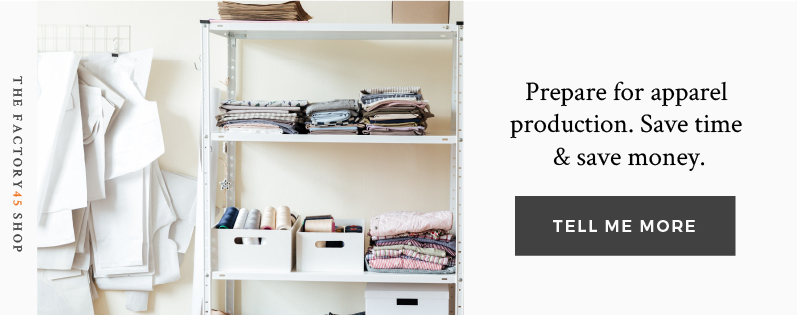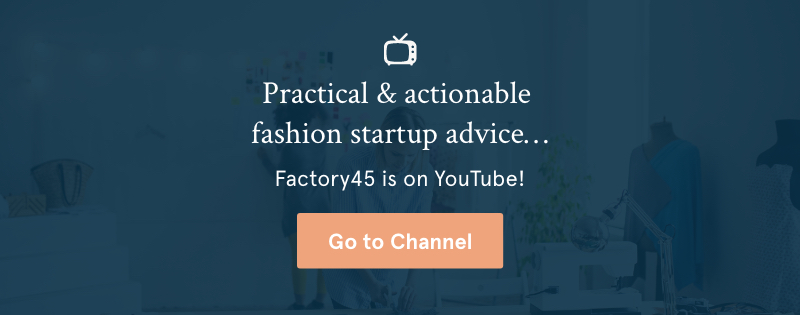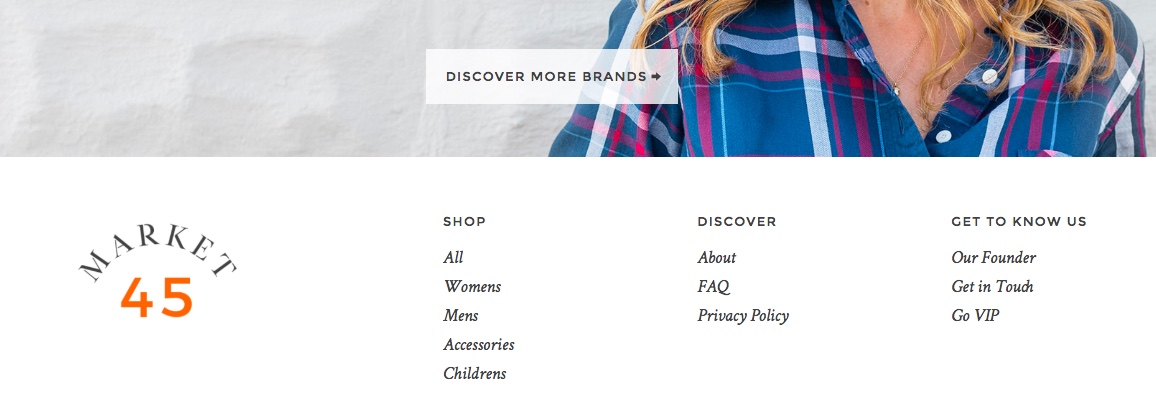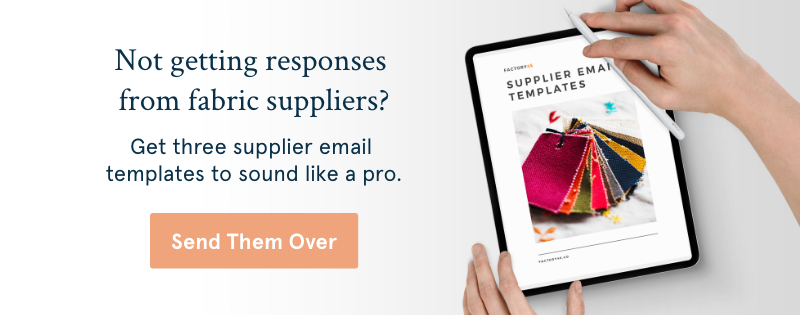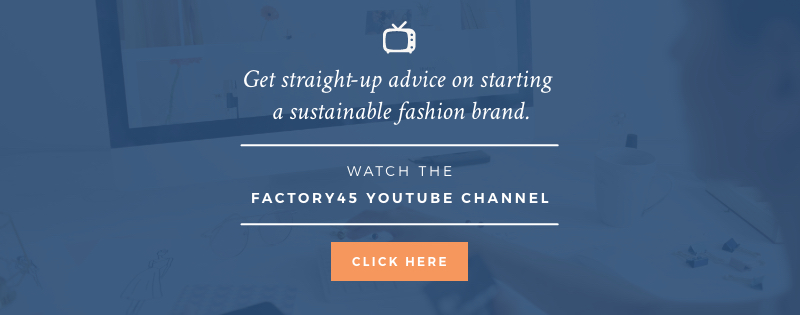I have a friend in the sustainable fashion industry who is amazing.
Out of college, she interned for an international eco-fashion brand, she’s worked for big designers in NYC, she’s helped to run a fashion-tech startup on the west coast, and she’s constantly debuting her own creative projects.
One of her most recent endeavors is a podcast with people in the sustainable fashion industry and to announce it, she sent out an email to her network.
When a big-name womenswear designer replied back my friend was awestruck.
“I can’t believe she is interested!” she said to me.
To which I replied, “Um, of course she’s interested. You’re, like, amazing. And everything you do is amazing.”
“Do you think I should ask if I can interview her?” Insert grimace of trepidation.
Me: “Uh, YES! I’m sure she would be honored! Do it!”
It took less than a week for my friend to hear back from the designer and get an interview on the books.
As an outsider looking in on the situation, it was so clear to me why this person would immediately say “yes” to my friend’s request.
My best guess is that the designer was equally thrilled and honored to be asked.
But to my friend, making the ask was scary and nerve-racking. She was the one having to make herself vulnerable to rejection and in doing so, the stakes were automatically heightened.
We all put people on pedestals (I’ve written about imposter syndrome before here). Most of us can think of at least one person we feel inadequate to. We get it in our heads that because of our [age / experience / station in life / upbringing / background / etc.] we’re not worthy of the people around us.
I can’t tell you how many times I’ve heard this from one of my entrepreneurs in Factory45:
“I reached out to this patternmaker… she wrote me back once and then I never heard from her again. It really knocked my confidence.”
Fact: As entrepreneurs, we cannot let our perception of others dictate the decisions we make and how we navigate forward.
As soon as we do, we’re letting other people determine our success.
For all we know, we’re letting an unanswered email that could’ve ended up in a spam folder, hinder us from moving forward.
And yes, we all do it. Sure, there is the occasional ego-less robot whose confidence doesn’t waver, but for the rest of us mortals we can’t help but question our place among others.
Where do I belong? Am I understood? These are questions humans have been asking themselves since the beginning of time — back when we were using rocks as dishware.
But I’d argue that as entrepreneurs, those questions take on an even deeper meaning. Do my ideas matter? Am I making the world a better place?

We tend to look for outside opinions to validate those answers.
Recently, I was connected with an entrepreneur in the venture capital and development space, who has been a coach to entrepreneurs for several decades.
Originally, we were supposed to jump on call to talk through a pre-interview so I could be on his podcast, but after our call, he told me he wanted to do more.
“Shannon,” he said. “How can I support you beyond a 30-minute podcast? I really believe in what you’re doing and you’re one of the only people out there doing it. How can I help you?”
When we got back on the phone he expressed interest in mentoring me and immediately my thoughts jumped to:
“Why would he be interested in me?”
“How can I fairly compensate him?”
“I don’t want to waste his time…”
When we got on our third call it was clear how much he believed in Factory45. No strings attached. He wanted to do what he could to help me succeed.
So, why did I question my worth? Because of his LinkedIn profile? Or his bio? Or his successful company and connections to other entrepreneurs I admire?
Why do those external factors dictate our internal dialogue?
Because they shouldn’t.
If we’re all going to succeed as entrepreneurs (and yes, there is enough success for all of us), then we can’t hold back, waiting to see how others will respond.
We have to take the favor from the exec we met at a networking event. We have to click “send” on the cold pitch to Vogue. We have to accept the meeting with the intimidating industry veteran. We have to believe we’re worthy of the help we are offered.
It’s safe to say there isn’t anyone giving us gold stars or A+’s anymore. It’s our job as highly-capable, driven entrepreneurs to give them to ourselves.
The future of our businesses depend on it.
*This post was published with permission from Kestrel.
